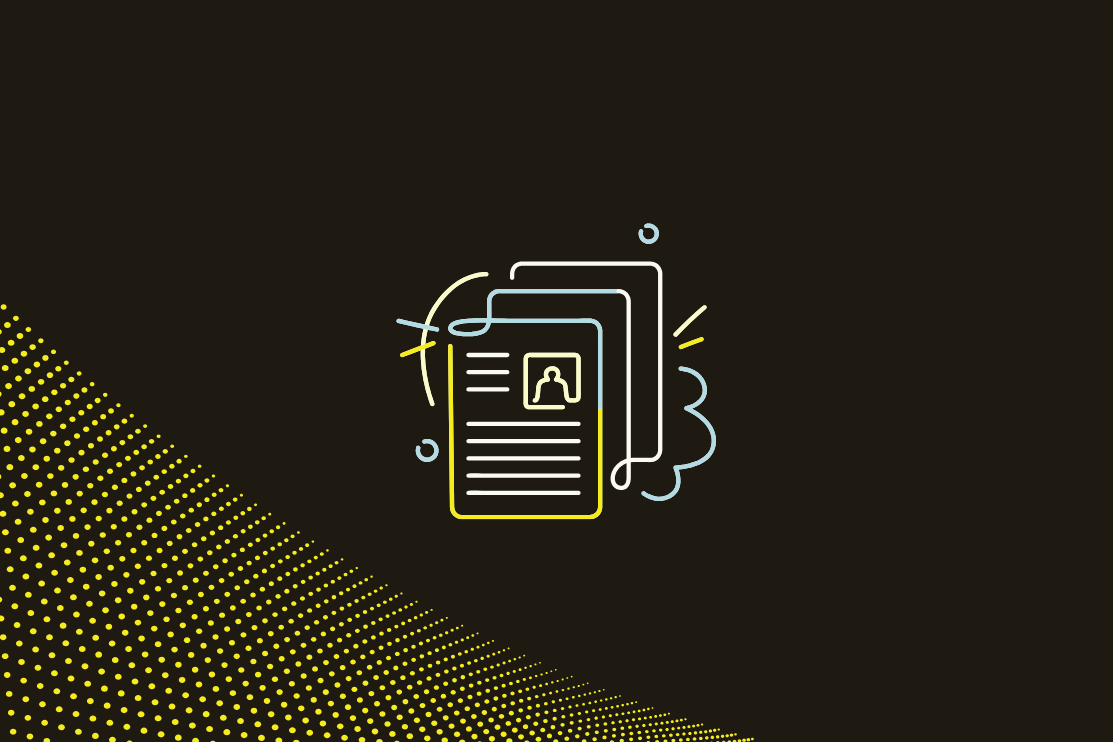3 Steps Counselors Can Take To Prepare for the FAFSA Launch
3 Steps Counselors Can Take To Prepare for the FAFSA Launch
3 Steps Counselors Can Take To Prepare for the FAFSA Launch
3 Steps Counselors Can Take To Prepare for the FAFSA Launch
3 Steps Counselors Can Take To Prepare for the FAFSA Launch
3 Steps Counselors Can Take To Prepare for the FAFSA Launch
Don't miss our breakout sessions!
Book time with our team on-site!
Our team is excited to meet you. Book a time that works best.


Students and high school counselors around the country continue to await the release of the 2024-2025 Free Application for Federal Student Aid (FAFSA). Historically, FAFSA has been released in October of each year and marks an important milestone in the college application process for most students and families. This year, the opening day has been delayed as the US Department of Education is working on an updated, more streamlined version intended to make completion simpler for students and families. The Department of Education has committed to releasing the new application “by December 31,” with no further specifics about the exact date and time.
Despite this aspiration to ease the process, the uncertainty and delay surrounding the FAFSA release has caused stress and worry for students and families unsure how to navigate this important process. And many counselors are left in limbo, without tangible information to share with their communities.
There are, however, productive steps counselors can take now to help ensure students and families are fully ready once the FAFSA is available. Before the winter break, counselors can:
- Help students and any contributing family members set up their FSA IDs: FSA IDs will be required for anyone applying for federal financial aid as well as all contributors. FSA IDs require a multi-step, multi-day process. Students, parents, and other contributors must create FSA IDs, wait 1-3 days for verification, and then use the verified IDs to begin the application process. Because of this, there is tremendous value in getting a head start on this piece of the process. Counselors can encourage students and families to create and verify their FSA IDs beforehand to ensure that students are ready to apply once the FAFSA is launched. You might share with students that FSA IDs will require multi-factor authentication with an email, phone, or authenticator app. Students should not use an email or phone they do not have regular access to or might lose access to after high school.
- Communicate to students and families: Even without specific dates and information, it is important to keep students and families updated. A lack of communication can lead to the spread of misinformation. Use existing communication channels to share any available information, even if it is just that the 2024-2025 FAFSA is coming soon. Sharing FAFSA information across multiple channels will help reinforce to families that they have not missed the opening and that they know where to look for updates. If you want templates for communication around FAFSA, you can download our recently released fafsa toolkit.
- Plan FAFSA support in the new year: Though there is not a specific launch date, the Department of Education has committed that students and families will have access to FAFSA by December 31. Counselors can begin scheduling information sessions for early 2024, reserving spaces and coordinating logistics and personnel to support the events. Once dates are secured, counselors can begin to advertise the events, asking families to save the dates. Having early 2024 dates on the calendar will help to ease worries as students and families begin to complete their FAFSA, knowing there are opportunities to ask questions and work through any issues. This will be especially helpful if the FAFSA launch happens over winter break when students are without easy access to school counselors and office staff.
The FAFSA Domino Effect
With this major piece of the CCR timeline shifting this year, counselors should be prepared to adjust the timing of other related components throughout the year. For instance, more families may need reminders later in the school year to complete the FAFSA. Some students and families might need additional help–and assistance throughout the spring semester–to understand financial aid decisions from colleges and universities, given that decisions for many will be rendered before the FAFSA is even open. And these additional needs for support will also overlap with the more intensive assistance some students and families always require during the second half of the year to ensure they meet their CCR goals. Counselors might make a plan now for these anticipated changes and brainstorm how to deploy school resources, communications, and other personnel to meet the needs of students and families during this unique year.
Related Posts
See All




